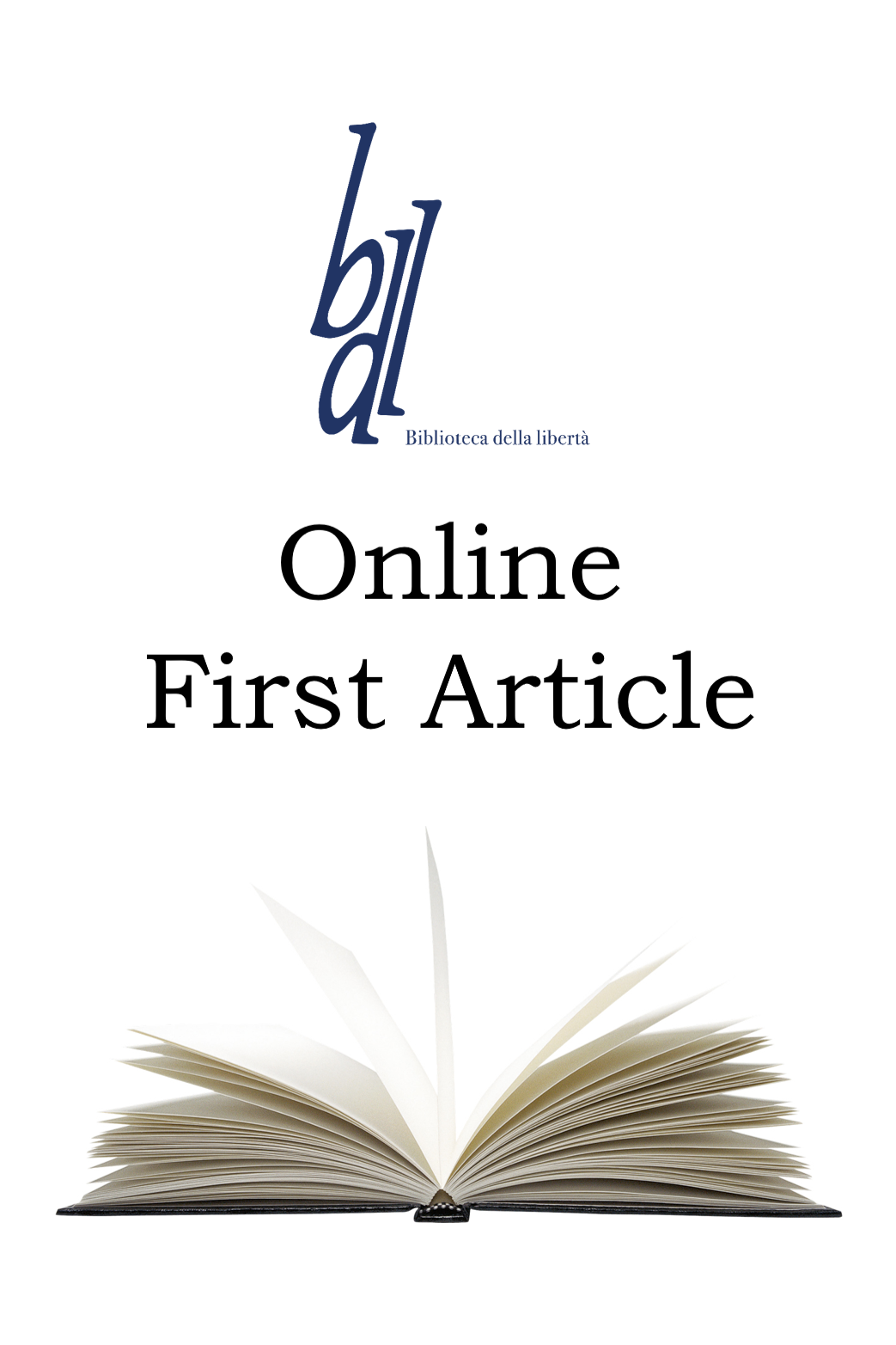- Ricerche e Progetti
- Biblioteca della Libertà
- Pubblicazioni e Working Paper
- Articoli e media
- Eventi e notizie
All issues
The ‘Great Equalizer’? Autonomy, Vulnerability and Solidarity in Uncertain Times
Anno LV, n. 228, maggio-agosto 2020
- Categoria/Category
- Anno LV, n. 228, maggio-agosto 2020
- Autore/Author
- Noemi Magnani
- Editore/Publisher
- Centro Einaudi
- DOI
- 10.23827/BDL_2020_2_6
- Articolo completo/Full text
- 06-BDL228_Magnani.pdf
Abstract
In this paper I engage with the notion that Covid-19 can be seen as the ‘great equalizer’, in virtue of the widespread sense of uncertainty it has caused and the fact that it has forced us to recognize our shared human fragility. Against the view that Covid-19 is the ‘great equalizer’, I argue that, on the contrary, the pandemic reflects existing vulnerabilities and, in many cases, exacerbates them. I do so by offering first a definition of both ontological and relational vulnerability and discussing some important ethical and political dimensions of vulnerability in conditions of uncertainty. I then claim that understanding vulnerability in both ontological and relational terms allows us to see the differential impact of the pandemic on differently situated individuals. More specifically, I argue that vulnerability in conditions of uncertainty can threaten individuals’ sense of self, and thus their autonomy – both understood in relational terms. I consider what kind of response human vulnerability in times of crisis calls for. In particular, I maintain that a promising way to counteract uncertainty would be to adopt a solidaristic approach to public health, based on an understanding of solidarity as a relational concept. In other words, I argue that it is through solidarity that individuals’ vulnerabilities can be mitigated, and their autonomy promoted, even during the most uncertain times. I finally discuss two objections that could be raised against the solidaristic approach defended in my paper. First, the approach may fail to find the support of individuals who are unwilling to care for others when their own interests are under threat. Second, there might be those who deny that the virus constitutes a serious enough threat to warrant or justify the restrictions on individual freedoms imposed by governments in the name of solidarity. I conclude by arguing that while a commitment to solidarity can be easily undermined by scepticism towards political and other authorities, and by the failures of those authorities themselves, it is paramount that societies strive for it as the best means to preserve individuals’ health, autonomy, and well-being.







